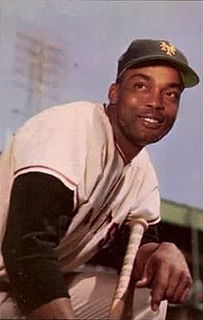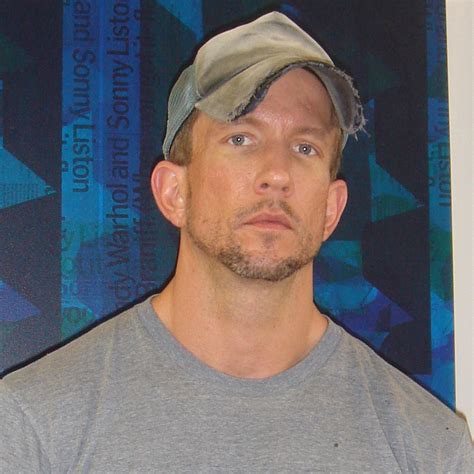A Quote by Louis Menand
Most Americans who made it past the fourth grade have a pretty good idea who Thurgood Marshall, Rosa Parks, and Martin Luther King, Jr., were. Not many Americans have even heard of Alice Paul, Howard W. Smith, and Martha Griffiths. But they played almost as big a role in the history of women’s rights as Marshall and King played in the history of civil rights for African-Americans. They gave women the handle to the door to economic opportunity, and nearly all the gains women have made in that sphere since the nineteen-sixties were made because of what they did.
Quote Topics
African
African-American
Alice
Almost
Because
Big
Civil
Civil Rights
Did
Door
Economic
Economic Opportunity
Even
Fourth
Fourth Grade
Gains
Gave
Good
Good Idea
Grade
Handle
Heard
History
Idea
King
Luther
Made
Made It
Many
Marshall
Martin
Martin Luther King
Most
Nearly
Nineteen
Opportunity
Parks
Past
Paul
Played
Pretty
Pretty Good
Rights
Role
Rosa
Since
Sixties
Smith
Sphere
The History Of
Were
Women
Related Quotes
If the Rev. Martin Luther King Jr.'s civil rights movement made demands that altered the course of American lives and backed up those demands with the willingness to give up your life in service of your civil rights, with Black Lives Matter, a more internalized change is being asked for: recognition.
Because of the Civil Rights movement, new doors of opportunity and education swung open for everybody ... Not just for blacks and whites, but also women and Latinos; and Asians and Native Americans; and gay Americans and Americans with a disability. They swung open for you, and they swung open for me. And that's why I'm standing here today-because of those efforts, because of that legacy.
I was working in the gap where Martin Luther King, Jr. quoted communism and Warhol appropriated the protest image and named it riot, which is precisely what King didn't want his cause to be associated with. But that was the very thing that made it sexy to the art world. So I played between the two associations.
Despite all of the civil rights gains of the past several decades, when it comes to economic opportunity, African Americans and Latinos still experience far more unemployment than do whites and Asians, average wages are lower, and household wealth is lower. A smaller percentage of African Americans and Latinos attend, and complete, college, than is the case with whites and Asians, and a higher percentage end up in prison. All of these are indicators of massive disparities in opportunity, and these disparities are mirrored in poverty data.
Unlike [Woodrow] Wilson, Louis Brandeis did not support the segregation of the federal government. He was personally courteous to African Americans. He advised them and advised the head of Howard University to create a good law school. And that inspired Charles Hamilton Houston and Thurgood Marshall in their path-breaking work on behalf of desegregation.






































